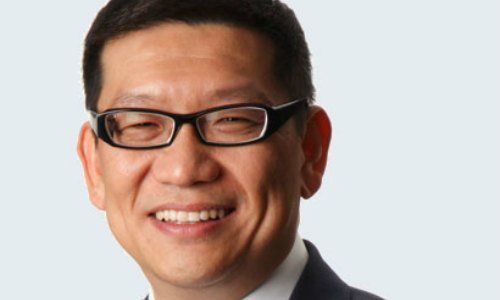GIC «Disappointed» on Unprofitable UBS Stake
Singapore's sovereign wealth fund said it had swallowed a loss after selling down a crisis-era investment in UBS. A similar investment in American investment bank Citigroup brought the city-state more joy.
Late on Monday, Zurich-based UBS said the Government of Singapore Investment Corp, or GIC, said it had sold down its stake in the Swiss bank to less than 3 percent.
A statement overnight from the GIC itself detailed the influential state fund's move: Singapore suffered a loss after whittling down its stake in UBS down to 2.7 percent from 5.1 percent previously, it emerged.
«GIC made the UBS sale despite the loss because conditions have changed fundamentally since GIC invested in UBS in February 2008, as have UBS’ strategy and business,» GIC head Lim Chow Kiat said in a statement.
Disappointed Over UBS Loss
While UBS was a natural fit for Singapore, given Swiss finance's close ties to the city-state's budding financial center, it was disastrous from the start, late in 2007.
The Swiss bank quickly needed several more injections of capital from shareholders and a government resuscitation one year after the GIC's infusion. In 2011, UBS began giving up on investment banking ambitions in favor of bolstering its capital and generating profits – and paying dividends – from its lucrative private banking business.
«GIC is disappointed that the UBS investment resulted in a loss,» said Lim who has been been office since late last year. «It makes sense now» to lower its stake and use an estimated $1.6 billion proceeds from the sale elsewhere. The GIC gave no indication in what sector or asset class it would re-invest in.
Rare Chance for GIC
By contrast, Singapore made a profit from a stake it took in Citigroup around the same time, but offloaded in 2009. The combined UBS-Citi investment has been positive for the GIC in mark-to-market terms, the sovereign wealth fund said.
For the GIC, UBS and Citi offered an easy way to splash out and diversify, in a major way, into a distressed sector.
«These investments took advantage of GIC’s ability to invest long term, and offered a rare chance to take major stakes in the international banking sector,» the GIC said. The dividends UBS began paying back in 2011 and the stock's gradual recovery weren't enough to offset Singapore's initial injection of funds.
UBS Scandals Piled Up
The secretive wealth fund was also bound to have been embarrassed as scandals – now largely resolved – including rigging of Libor precious metals prices and foreign exchange rates piled up at UBS. The Swiss bank was also involved in the billion-dollar graft probe into 1MDB, which is roiling Singapore's financial center.
The fund said it had averaged an 4 percent return per annual from 1996 to 2016, including the financial crisis of 2008/09 and its stakes in UBS and in Citigroup.
UBS' investment bank handled the GIC's share sale, without taking a fee.



























